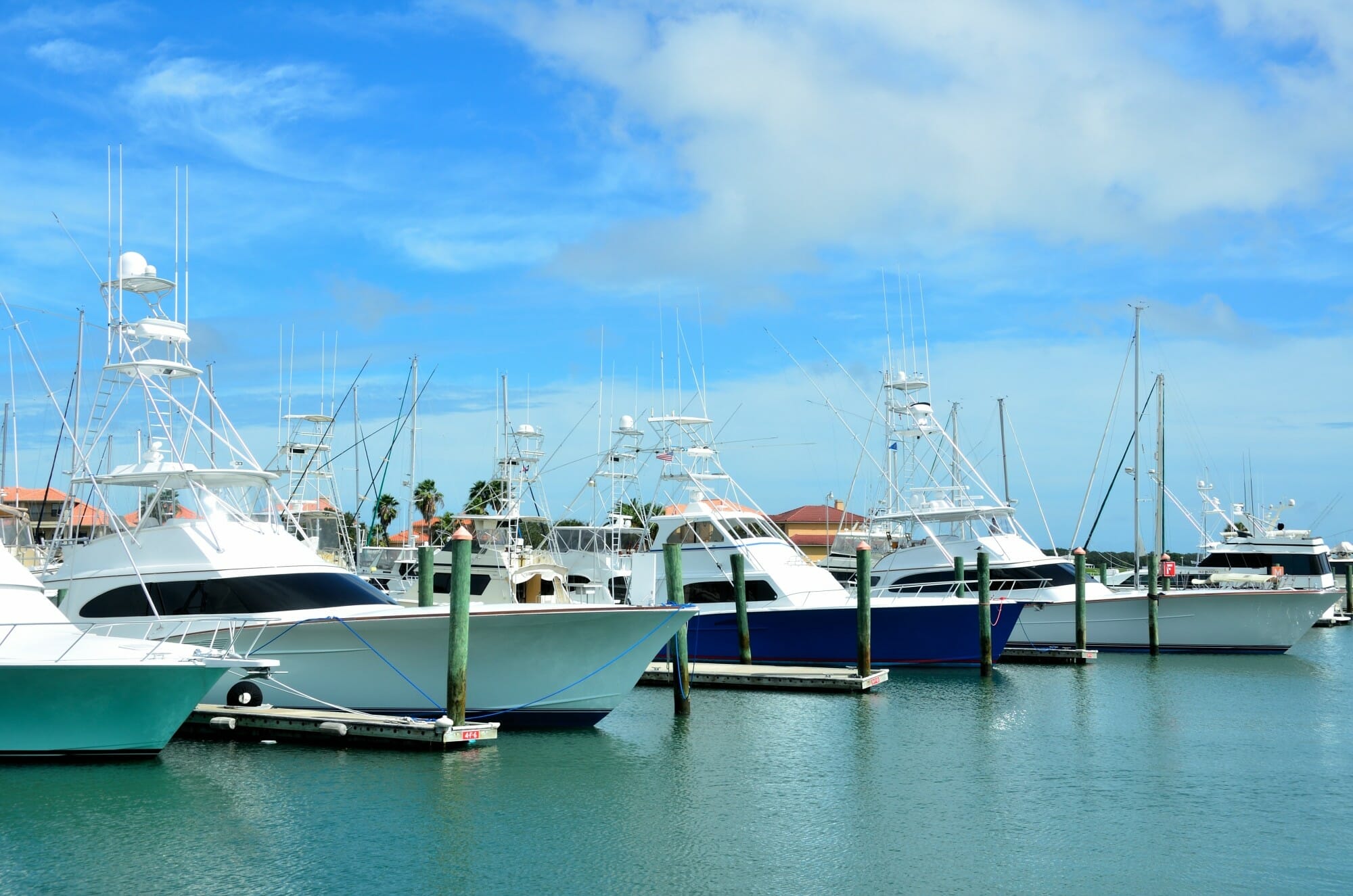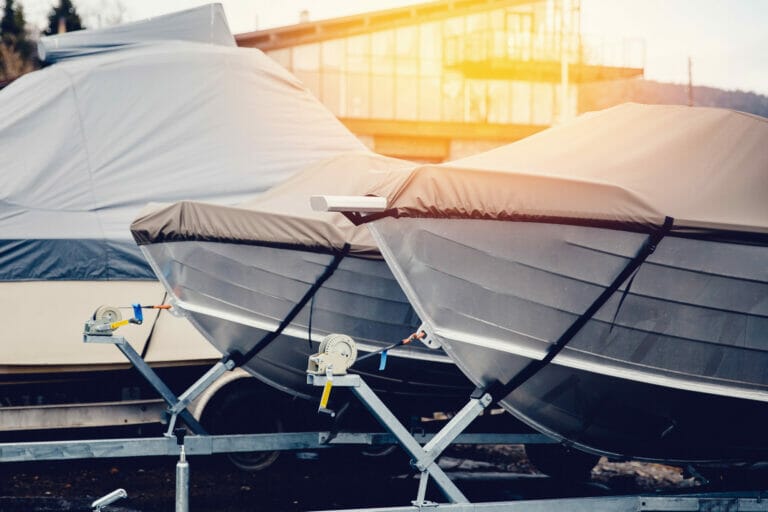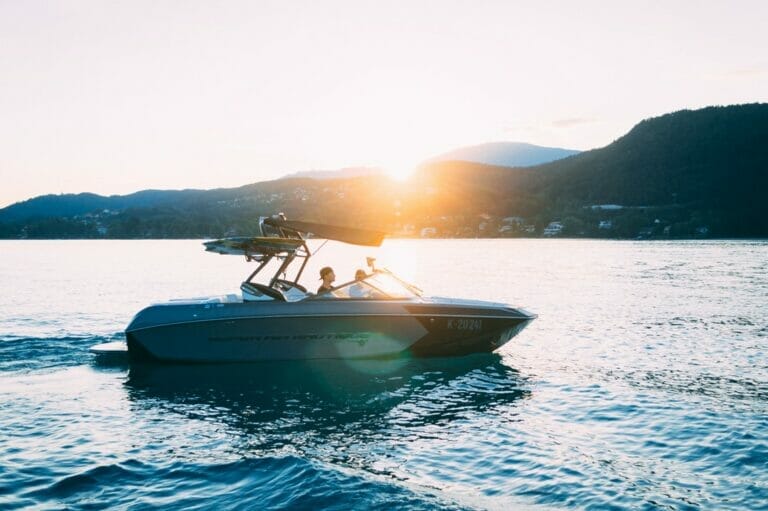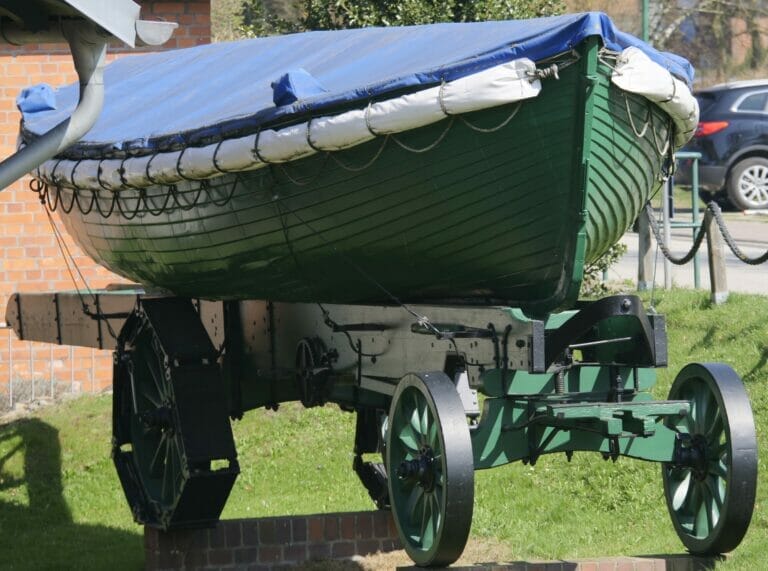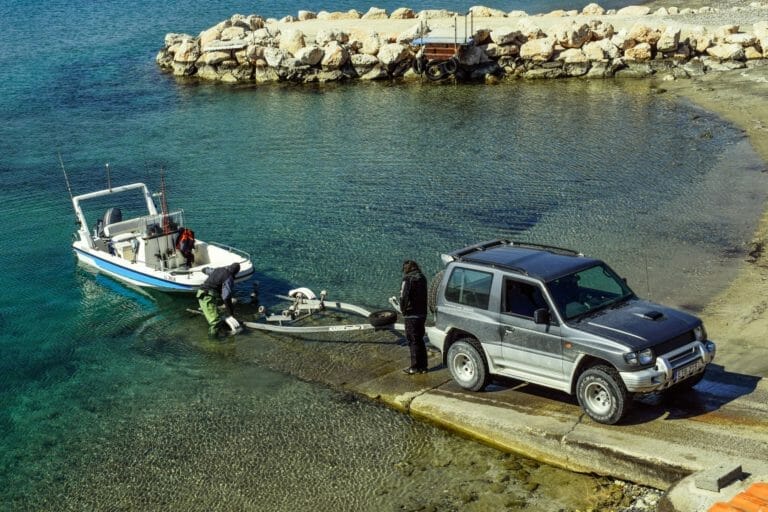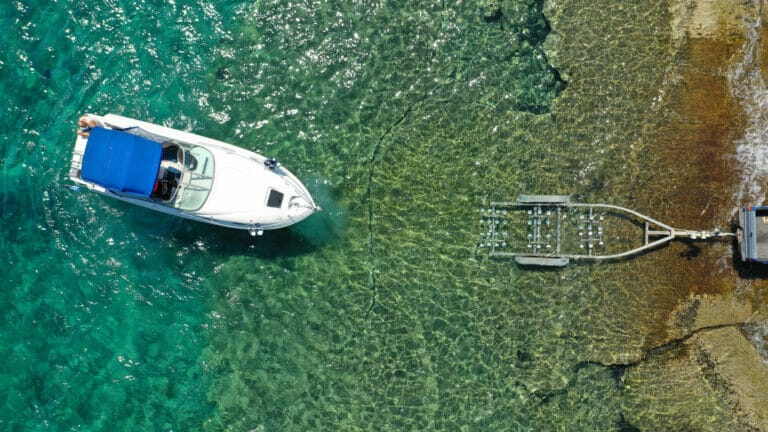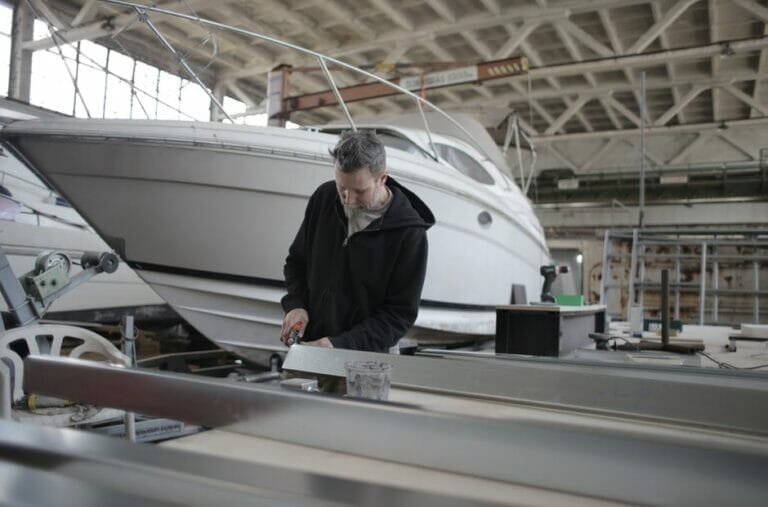Boat Trailers: The Complete 2023 Buying Guide
Did you know that around 100 million adults in the US participate in recreational boating? As a boat owner, one of the most critical aspects of your boating experience is finding the perfect boat trailer to safely transport your vessel.
This complete 2023 buying guide will help you navigate the world of boat trailers, ensuring you make an informed decision when purchasing the ideal trailer for your needs.
Types of Boat Trailers
Boat trailers come in different styles, each designed to meet specific needs. Knowing the differences between these types will help you make an informed decision when you’re ready to buy a boat trailer.
Bunk Trailers
Bunk trailers are a popular choice for boating enthusiasts. They use long, carpet-covered wooden or plastic supports, called bunks, to hold the boat in place.
These bunks evenly distribute the boat’s weight, making it easy to load and unload your boat. However, you may need to submerge the trailer deeper into the water when launching or retrieving your boat.
Roller Trailers
Roller trailers use rows of small wheels, called rollers, to support the boat. These rollers make it easy to slide your boat on and off the trailer, even in shallow water. Roller trailers are great for boats with steeper hulls, but they might not be as gentle on the boat’s hull as bunk trailers.
Combination Trailers
Combination trailers offer the best of both worlds, featuring both bunks and rollers. They provide excellent support and make it easier to launch and retrieve your boat. Keep in mind that combination trailers can be more expensive than bunk or roller trailers.
Key Features to Consider When Purchasing a Boat Trailer
There are a few key factors you should consider before picking a boat trailer. To find the perfect one for your needs, consider these important features:
Material
The material used to construct your trailer can significantly affect its durability and performance. There are three common materials used in boat trailers.
Lightweight and resistant to rust, aluminum is a popular choice for boat trailers. It’s a great option if you frequently tow your boat in saltwater environments.
Galvanized Steel is coated with a protective layer of zinc, making it strong and resistant to rust. It’s a good choice for freshwater and saltwater use.
Painted steel may be more affordable, but it’s prone to rust and may not last as long in saltwater environments.
Weight Capacity
Choose a trailer with a weight capacity that can safely handle your boat’s weight, including fuel, gear, and boat trailer parts. Overloading your trailer can lead to accidents and damage your boat or towing vehicle.
Trailer Length
Make sure your trailer is long enough to support your boat’s entire hull. A well-fitting trailer will ensure a safe and smooth towing experience.
Braking System
Depending on the weight of your boat, you may need a trailer with a braking system. Trailers with brakes provide extra stopping power, making it safer to tow your boat on the road.
Suspension Systems
A good suspension system will help absorb road shocks and vibrations, protecting your boat from damage during transport. Look for trailers with torsion axles or leaf spring suspension systems for a smoother ride.
Lighting and Electrical Systems
Proper lighting is essential for safe towing. Make sure your boat trailer has working lights, including brake lights, turn signals, and side marker lights. These will help other drivers see your trailer and avoid accidents.
Finding the Perfect Fit: Matching Your Boat to the Right Trailer
To make sure you choose the best boat trailer for your needs, consider your boat’s unique features. Here are some factors to keep in mind:
Hull Shape and Size
The shape and size of your boat’s hull are crucial when selecting a trailer. The trailer should support the boat evenly and hold it securely.
Some trailers are adjustable, allowing you to fit different hull shapes and sizes. A custom boat trailer can also be made to match your boat perfectly.
Boat Weight
Your trailer must be able to handle your boat’s weight, including fuel, gear, and passengers. Check the weight capacity of the trailer to make sure it’s suitable for your boat. Overloading a trailer can lead to accidents and damage.
Towing Vehicle Compatibility
Your towing vehicle should have enough power to tow your boat and trailer safely. Check the towing capacity of your vehicle, and make sure it can handle the combined weight of the boat, trailer, and all equipment. If needed, you can upgrade your vehicle’s towing package for better performance.
Boat Trailer Accessories and Features
Adding the right accessories and features to your trailer can make a big difference in your boating experience. Here are some accessories to consider:
Spare Tire and Carrier
A spare tire is essential in case of a flat tire during your journey. A spare tire carrier will keep the tire secure and easy to access when needed.
Trailer Locks
Protect your investment with trailer locks. These locks help prevent theft by securing the trailer to your towing vehicle or making it difficult for thieves to remove your boat.
Wheel Chocks
Wheel chocks help keep your trailer stable when parked on uneven surfaces. They prevent the trailer from rolling away accidentally.
Tie-Down Straps
Tie-down straps secure your boat to the trailer, keeping it safe during transport. High-quality straps will hold your boat firmly and prevent it from moving around while on the road.
Trailer Guides
Trailer guides help you align your boat with the trailer when launching or retrieving it from the water. They make the process smoother and more efficient.
Removable and Collapsible Coupler
A removable or collapsible coupler can help with parking in tight spots. This feature allows you to shorten the length of the trailer, making it easier to maneuver and park.
Choosing a Reliable Boat Trailer Manufacturer
When it comes to buying a boat trailer, selecting a reliable manufacturer is crucial. A trustworthy manufacturer will ensure that your trailer is built to last and provide support when needed. Here are some factors to consider:
Reputation
Do some research on the manufacturer’s reputation in the industry. Look for reviews from other customers or ask for recommendations from friends or family members. A well-established and respected manufacturer will be more likely to produce high-quality trailers and offer excellent customer service.
Warranty and Support
A good warranty is a sign of a manufacturer’s confidence in their product. Check the terms and conditions of the warranty to ensure it covers potential issues with your trailer. Additionally, consider the manufacturer’s after-sales support, including customer service, technical assistance, and availability of boat trailer parts.
Industry Certifications
Some manufacturers have industry certifications, indicating that they adhere to specific quality and safety standards. These certifications can provide peace of mind that your trailer is well-built and will last for years to come.
Tips for Buying a Used Boat Trailer
If you’re considering buying a used boat trailer, it’s essential to take extra care during the purchasing process. A thorough inspection and understanding of the trailer’s history can help you make an informed decision. Keep these tips in mind:
Inspecting the Trailer
Before buying a used boat trailer, it’s crucial to inspect it for any signs of wear or damage. Check the trailer’s frame for rust or corrosion, as these can weaken the structure.
Look at the tires for wear, and inspect the axles, bearings, and hubs for any signs of damage or excessive wear. Also, check the lighting and electrical systems to ensure they are functioning correctly.
Checking for Signs of Wear and Tear
While some wear and tear are normal on a used trailer, excessive wear can indicate potential issues. Pay close attention to the boat trailer parts, such as the bunks or rollers, as well as the suspension system. If any components show significant wear or damage, factor in the cost of repairs or replacements when considering the purchase.
Verifying Legal Documentation
Make sure the seller provides you with all necessary legal documentation for the trailer, including the title and registration. This documentation will prove ownership and allow you to register the trailer in your name. Additionally, verify that the Vehicle Identification Number (VIN) on the trailer matches the VIN on the paperwork.
Boat Maintenance
When buying a used boat trailer, consider how well the previous owner maintained their boat and trailer. Proper boat maintenance can extend the life of both the boat and the trailer. If the boat shows signs of good care, it’s more likely that the trailer has been well-maintained too.
Sail Away with Confidence With the Right Boat Trailers
Selecting the perfect boat trailer is an essential part of enjoying your boating experience. By understanding the different types of trailers, key features, and factors to consider when buying a new or used trailer, you can make an educated decision that fits your unique needs.
As a boat trailer repair shop offering a broad range of services, custom boat trailers, and various parts, we’re here to help. Don’t hesitate to contact us for expert advice on finding the best boat trailer for your vessel.
